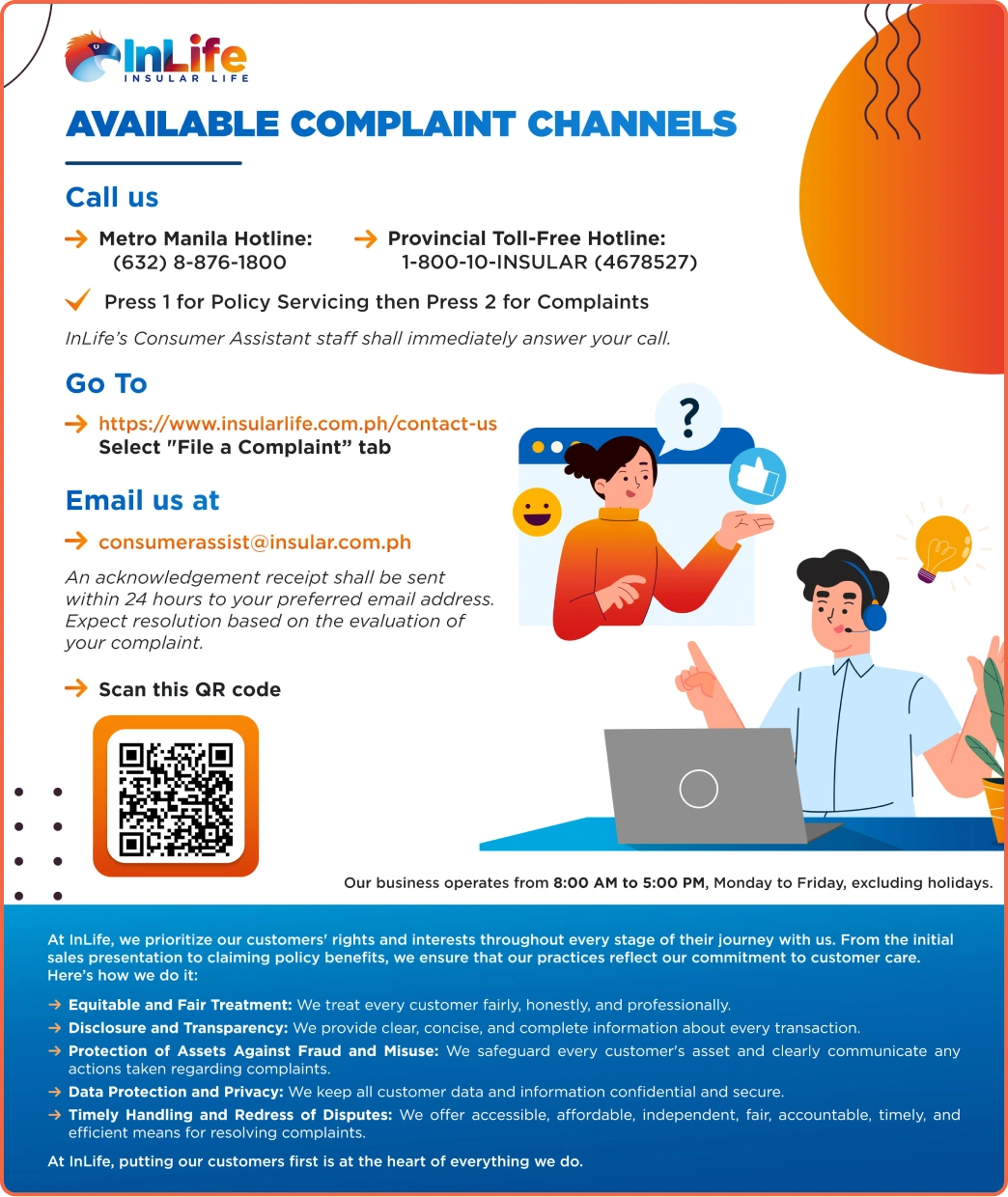Tips for Financial Fitness: Be Your Own Hero Today!

It is never too early or too late to start taking care of your finances. No matter what stage of life you're in, whether you're just starting out or nearing retirement, it's always a good time to begin thinking about how to be financially fit.
Here are some practical tips for financial fitness you can follow.
What is Financial Fitness?
Financial fitness is the ability to manage and track your finances in order to ensure stability and security now and in the future. It involves understanding where your money comes from, where it goes, how you can save for retirement, and how to make wise investment decisions.
Why is Financial Fitness Important?
Staying financially fit helps you plan for short-term and long-term goals, like saving for a house, paying off debt, or building an emergency fund. It also prevents you from overspending or getting into financial trouble. Taking control of your money now will give you more peace of mind and security in the future.
Steps to Stay Financially Fit
1. Assess Your Current Situation
The first step to becoming financially fit is assessing where you are now. Begin by creating a budget that outlines your income, expenses, and debts. This will give you an idea of how much money you have available each month for savings and investment. Once you know what your current financial situation is like, you can begin making decisions on how to improve it.
2. Set Financial Goals
Setting realistic financial goals is the next step to becoming financially fit. Start by deciding what you want to achieve in the short term and long term. These can include anything from paying off debt, saving up for a down payment on a home, or investing for retirement. Once you have identified your objectives, create an action plan that outlines the steps you need to take to reach each goal.
3. Start Saving
It is never too early or too late to start saving money. Developing the habit of setting aside a portion of your income every month can have a significant impact on your financial well-being. Even a modest amount, such as PHP 500 per month, can accumulate over time and provide a safety net for unexpected expenses or future goals.
To make saving easier, consider taking out an investment plan. This type of policy allows you to simultaneously invest your money and protect yourself from potential losses. Additionally, you can opt for an automatic savings plan where a portion of your salary is automatically transferred into a designated savings account every month.
4. Invest Wisely
Once you have established a comfortable level of savings, it's time to think about investing your money in more profitable options. You can consider investing in stocks, mutual funds, and bonds to generate higher returns on your investments.
Before taking the plunge into investing, it's important that you understand the risks associated with different investment strategies. Research the market and familiarize yourself with the different investment options available.
5. Manage Dept
Debt can be a significant burden that not only affects your current financial situation but also hinders you from achieving your long-term financial goals. It's crucial to prioritize paying off your debts, especially those with higher interest rates, as soon as possible. By doing so, you can save more money in the long run and have greater financial freedom.
To effectively tackle your debts, create a well-thought-out plan that outlines how you will systematically pay them off. Consider allocating more funds towards debts with higher interest rates while making minimum payments on others. This approach can help you save on interest payments and expedite your journey toward becoming debt-free.
6. Educate Yourself
Financial literacy is not just important, it is crucial for achieving long-term financial success. Take the time to invest in yourself and your financial future by actively seeking out opportunities to educate yourself in financial management and on ways to build smart financial habits. Explore a variety of resources such as books, online courses, webinars, and workshops to expand your knowledge and understanding of personal finance.
InLife has a bank of financial fitness tips and financial education articles that you can access anytime to help guide and empower your journey to financial fitness. Investing in yourself is the best way to secure a better future, so take advantage of the resources we have available to prepare yourself for a financially secure tomorrow.
7. Plan For Retirement
One of the most important steps toward achieving financial security is planning for retirement. This involves not only determining how much you need to save for your post-retirement life but also creating a well-rounded portfolio of investments that can help you generate adequate returns.
To start, consider evaluating your current financial situation and estimating how much money you will need when you retire. This number should account for inflation and any other variables that could affect future costs. With this information, create an achievable retirement plan that will enable you to steadily save towards your future needs.
You should also take the time to properly diversify your investments. This includes a mix of high-yield and low-risk investment options such as stocks, equity funds, money market funds, and other asset classes. A well-balanced portfolio can help you generate the returns needed to reach your retirement goals.
Finally, make sure to plan for the unexpected. Protect yourself financially by taking out insurance policies and setting aside emergency funds that you can easily access if needed. Doing so will help ensure that any potential financial emergencies don't derail your retirement plans.
Financial fitness is an important part of living a financially secure life. The steps to staying financially fit involve taking a proactive approach to financial management, setting achievable goals, making wise investment decisions, and planning for the future. By following these steps you can confidently and effectively take control of your finances, ensuring a more secure future for yourself and your loved ones.







